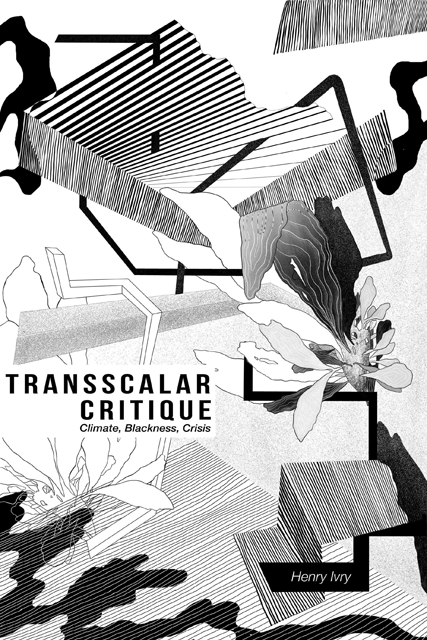Book contents
- Frontmatter
- Contents
- Acknowledgments
- Introduction: Ecologies of Crisis
- 1 Crisis Realism: Writing Economically, Thinking Ecologically
- 2 Global Weirding: Climate Crisis and the Anthropocene Imaginary
- 3 Transscalar Blackness: Race and the Long Anthropocene
- 4 Improbable Metaphor: Jesmyn Ward and the Asymmetries of the Anthropocene
- 5 Unmitigated Blackness: Paul Beatty’s Transscalar Satire
- Works Cited
- Index
5 - Unmitigated Blackness: Paul Beatty’s Transscalar Satire
Published online by Cambridge University Press: 13 April 2023
- Frontmatter
- Contents
- Acknowledgments
- Introduction: Ecologies of Crisis
- 1 Crisis Realism: Writing Economically, Thinking Ecologically
- 2 Global Weirding: Climate Crisis and the Anthropocene Imaginary
- 3 Transscalar Blackness: Race and the Long Anthropocene
- 4 Improbable Metaphor: Jesmyn Ward and the Asymmetries of the Anthropocene
- 5 Unmitigated Blackness: Paul Beatty’s Transscalar Satire
- Works Cited
- Index
Summary
Maybe the reason so few people are funny these days is that nothing is identified as being absurd anymore […] The word is rarely even used, because for the dutiful American to acknowledge the absurdity of life implies responsibility.
Paul Beatty, Hokum: An Anthology of African–American HumorWhat is it – here, now, in a world of modern blackness – that Black America indicates?
Fred Moten, Black and BlurTowards the end of Paul Beatty’s Man–Booker prize-winning novel The Sellout, the narrator takes stock of contemporary Black art. The protagonist, known only by his last name, Me, is at a comedy club when a comedian abruptly stops his performance as a white couple start laughing hysterically at his jokes. The comedian yells: ‘“Do I look like I’m fucking joking with you? This shit ain’t for you. Understand? Now get the fuck out! This is our thing!’” (287). Me is both awed and confused by the performance:
I respected that he didn’t give a fuck. But I wish I hadn’t been so scared, that I had the nerve to stand in protest. Not to castigate him for what he did or to stick up for the aggrieved white people. After all, they could’ve stuck up for themselves, called in the authorities or their God, and smote everyone in the place, but I wish I’d stood up to this man and asked him a question: “So what exactly is our thing?” (287–288; emphasis in original)
Me picks up on the comedian’s phrase “our thing” to ask what qualifies as contemporary Black art and aesthetic expression. How can the comedian, Me wonders, draw a line between our thing and an idea of their thing? Extrapolating from Me, I finish Transscalar Critique by looking at how this is not just a question about comedy, but also a question of literary form. Through Me, Beatty’s novel joins a conversation encapsulated by Kenneth Warren in his controversial but essential What Was African American Literature? There, Warren claims that African American literature as an aesthetic category and enterprise existed only in relation to Jim Crow laws in the period following the failure of Reconstruction until the passage of the Civil Rights Act of 1964 and the Voting Rights Act of 1965.
- Type
- Chapter
- Information
- Transscalar CritiqueClimate, Blackness, Crisis, pp. 173 - 207Publisher: Edinburgh University PressPrint publication year: 2023



